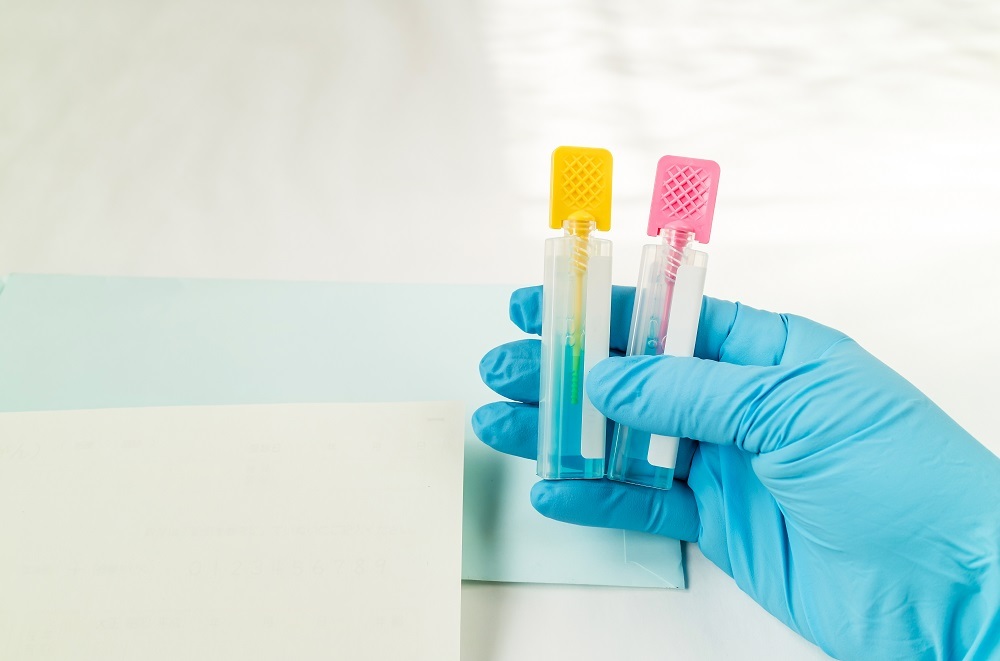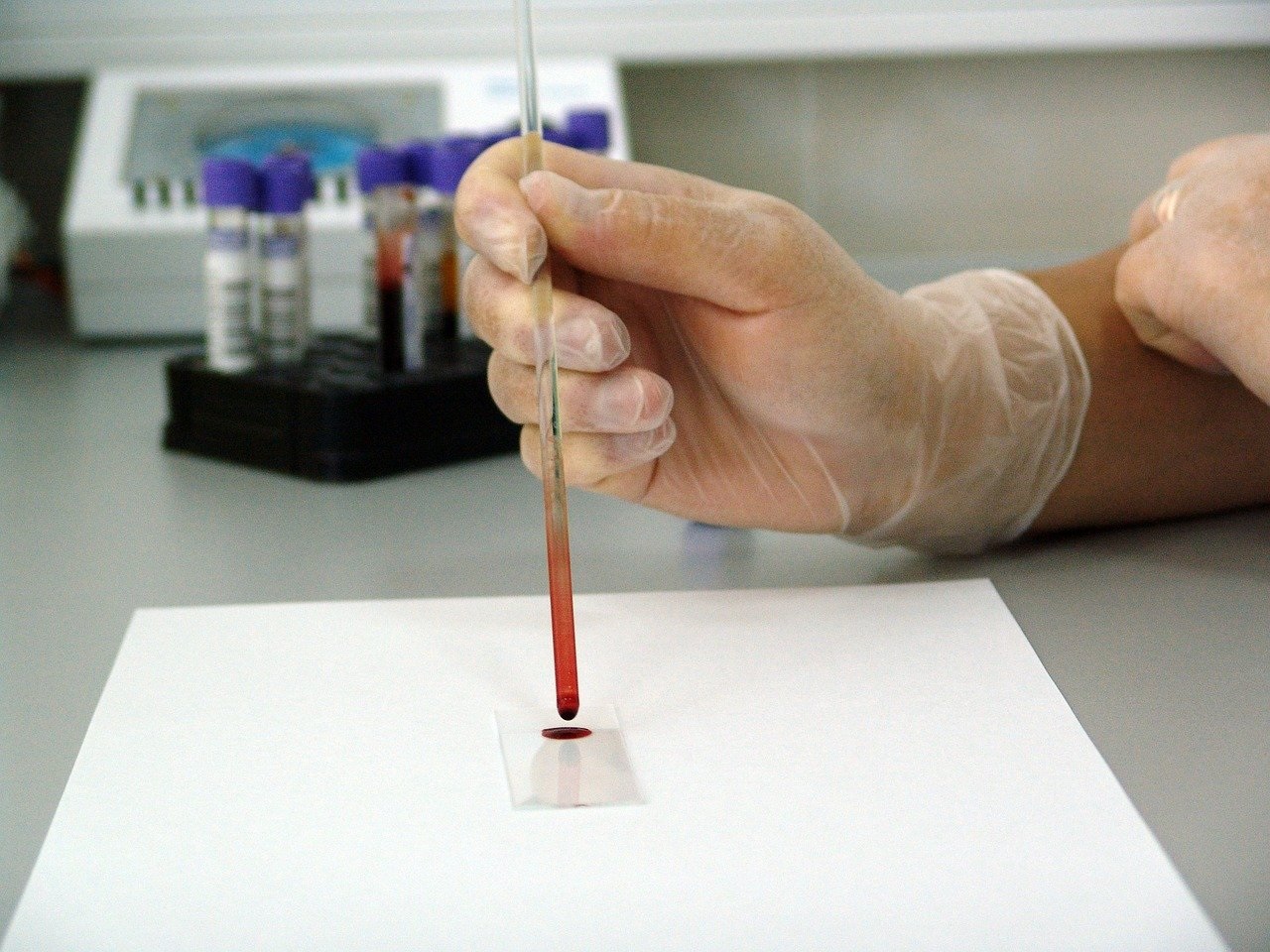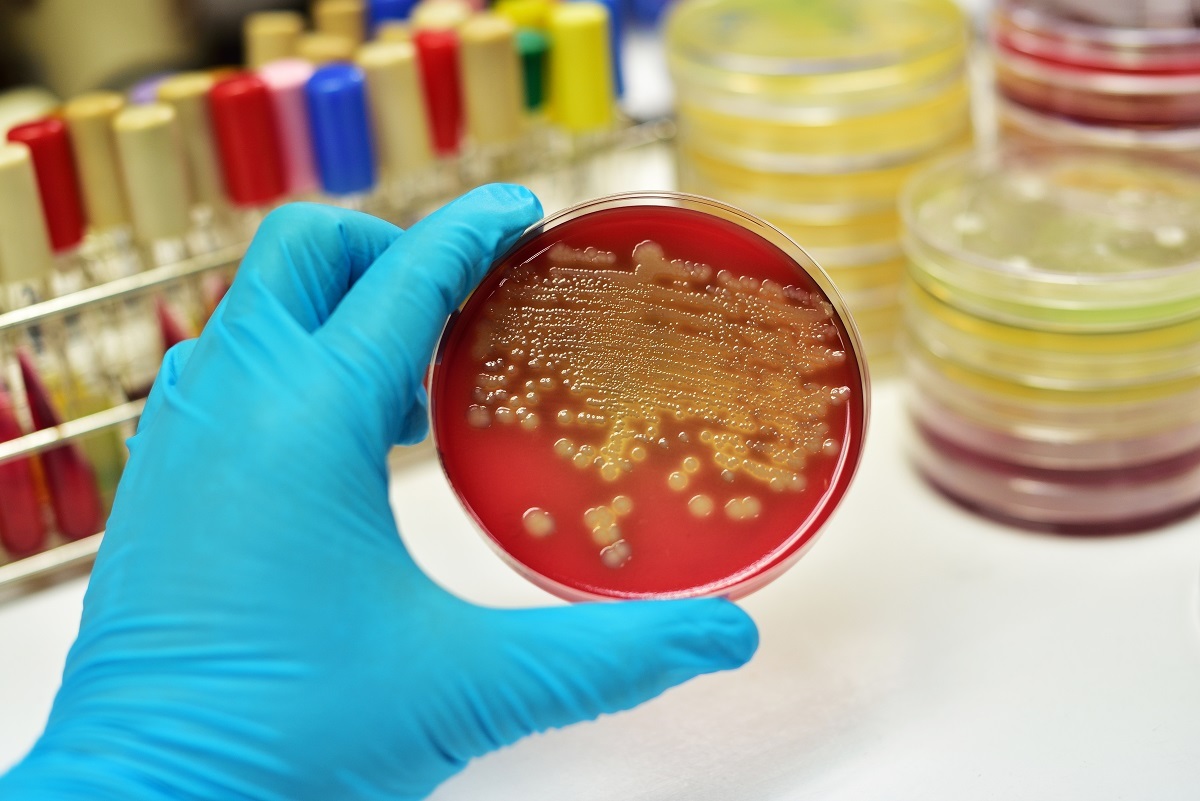Stool Test: An Interpretation of Stool Examination

A stool test can detect blood or other gastrointestinal abnormalities, like colon or gastritis, bowel disease, hemorrhoids, anal fissures, or infections.
Reasons:
You may perform a stool test for,
- Identify the diseases of the digestive tract.
- Inside the GI tract bleeding
- Look for the cause of Bacterial, viral or fungal infection
- Looking for Parasites
- Gastrointestinal conditions with poor absorption of nutrients by the digestive tract.
The Time of Stool Test:
- You have Diarrhea lasts over a couple of days.
- Stool with blood or mucous.
- You have Stomach pain, Nausea, vomiting, and Fever.
- Having an immune system weakened.
- Eating food or water contaminated.
- You have severe symptoms.
Types of Stool Test:
There are two types of stool tests. The first is to detect the presence of blood in your feces through a fecal occult blood test (FOBT) The second test, which recognizes the presence of genetic material in polyps and cancer tumors, is a stool DNA test.
Fecal occult blood test (FOBT):
Fecal blood tests, or FOBTs, are used in the testing of bowel cancer in healthy people. The analysis examines small amounts of blood in the feces. Anybody with blood in their feces would then be tested further to see whether or not the cause is cancer. Senior citizens of age between 50 to 74 are eligible for the FOBT test free of charge through the National Bowel Cancer Screening Program.

Stool DNA Tests:
The stool test, in combination with other methods, is only an effective colon cancer test option. The next step when your stool test returns positively is to appoint your physician, who will probably order a colonoscopy. The stool DNA tests look for traces of DNA (genetic material) shed by polyps and/or colorectal tumors.
Stool culture:
Stool culture helps the identification of bacteria and parasites, whichcan cause problems like diarrhea. The presence of Helicobacter pylori bacteria, related to stomach ulcers and stomach cancer, can also be detected in a stool test.

Stool sample collection:
Details of how fecal samples are collected to minimize infection and disease spread. Use the following procedures to collect some of your for-laboratory testings.
- Urinate before collecting the stool so that you do not get any urine in the stool sample.
- label your name, and date on a clean, screw-top container
- Put on gloves Stool can contain germs that spread infection. Wash your hands after you remove your gloves.
- In a completely clean (sterile) container, collect your stool sample.
- Use the container to collect the sample with the spatula, and then screw the lid off.
- Provide the sample to the doctor, or collection center as soon as possible.
- Store a container in a sealed plastic bag in a refrigerator if you cannot deliver it immediately.
- In a plastic bag, put anything you used to collect, tie it up, and put the bin.
Safety Information:
- In the transparent container, the preservative is formalin with sodium acetate and is TOXIC.
- The kids should be kept away.
- If you are swallowed, seek immediate healthcare.
- Wash it immediately under running water when it comes into contact with your skin or eyes.
- Call for medical advice
Results of stool test:
Normal stool does not contain any harmful micro-organisms that contain blood, mucus.
When the results are abnormal, more tests, procedures, follow-up care, or treatments may be recommended by your doctor. Abnormal test results may be caused:
- Intestinal inflammation such as Crohn’s disease
- Hemorrhoids (widening and swollen veins, within or outside the anus)
- Polyps (colon or rectum growths)
- Anal fissures (thin fissures in the anus lining)
- Peptic ulcers
- Use nonsteroidal anti-inflammatory drugs
- cancer
Help in diagnosis:
- Insufficiency of the pancreas
- detect high amounts of fat
- Digestive tract bleeding
- Infectious diseases of the intestines
Conclusion:
A stool analysis is a series of tests performed in a sample of stools (feces) to diagnose certain digestive tract conditions. The stool test includes microscopic testing, chemical testing, and microbiological testing. Color, consistency, quantity, shape, smell, and mucus are checked for the stool. Preparing children can help to reduce anxiety, improve cooperation, and develop coping skills before a stool test or a procedure. Using; stool tests, the protein named fecal calprotectin is highly detected